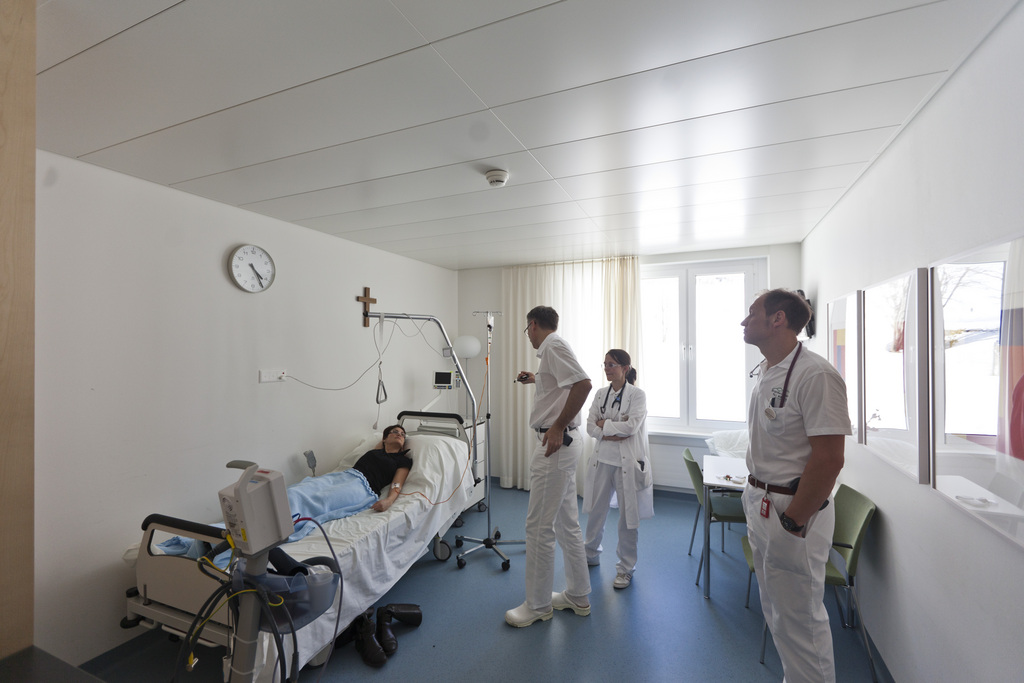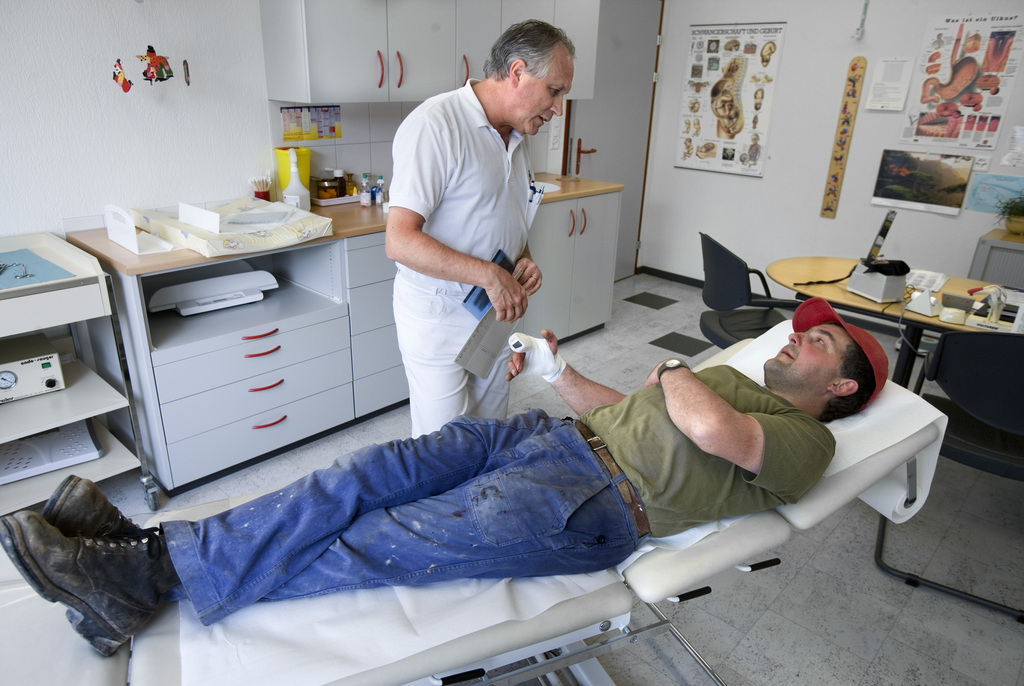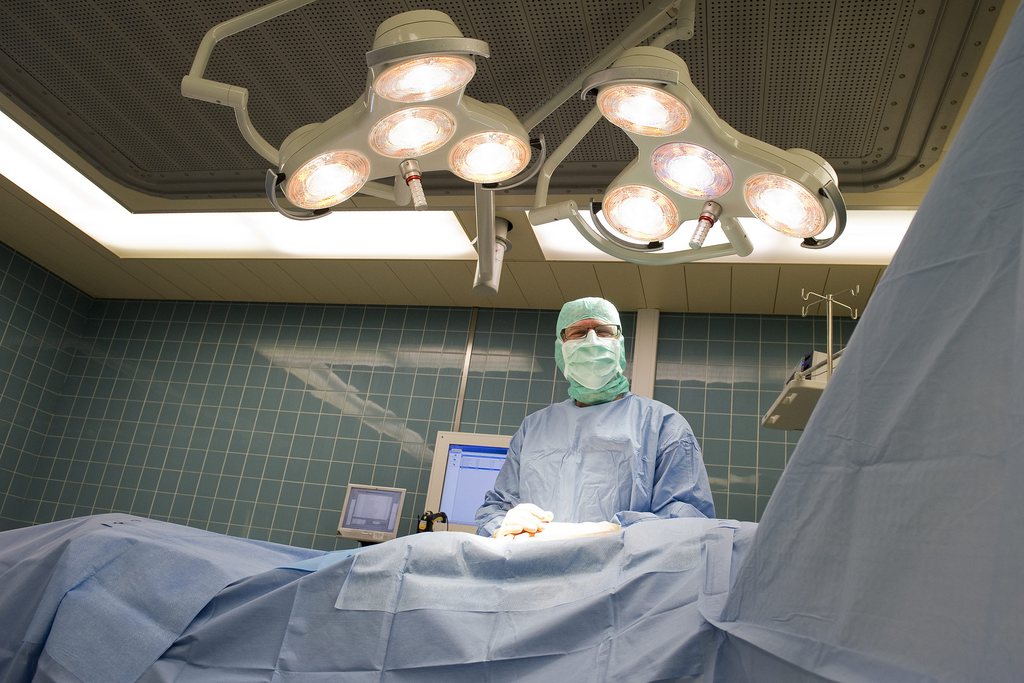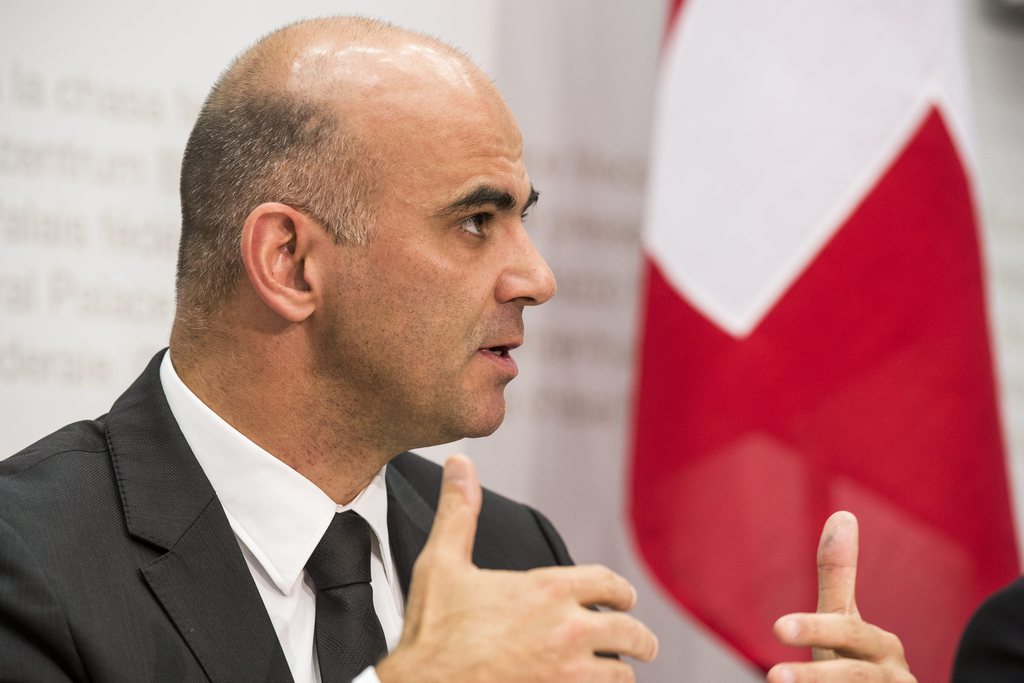Parliament re-instates medical practice limits

Parliament has green-lighted renewed limits on the number of healthcare specialists who may operate in the country. For three years starting July 1 new medical practice licenses will be restricted in some regions and costs reigned in.
The only exception to the law are doctors who sought continuing education in Switzerland during a period of at least three years, a clause which was hotly debated between the Senate and the House of Representatives. Many parliamentarians argued an education clause was needed to allow native Swiss doctors with hospital experience to develop their careers into private practice.
In addition only medical specialists are affected by the change and not chemists, general practitioners, pediatricians or physicians.
The change in the medical landscape in Switzerland has different causes. The most important is the insufficient number of Swiss medical school graduates, which is too low to offset the generational change.
With 9.4 medical school graduates per 100,000 inhabitants, Switzerland is below the OECD countries’ average of 9.9. All of their neighbouring countries, with the exception of France, have outstripped them.
The statistics are even worse when taking into account that the numbers of new doctors is too low to replace retiring doctors, especially as many younger doctors prefer part-time work. This is particularly pronounced in the case of women, who since 2000 have made up the majority of medical students and whose proportion of the doctors’ ranks continues to rise.
According to Swiss Medical Association statistics, women made up 36.7% of all doctors in Switzerland in 2011. In the under-34 age group, they constitute a majority.
Further grounds for the increase in specialists and decrease in other areas are the high salaries, more regular hours, and greater prestige of specialists. There is an acute shortage of general practitioners in particular.
Because Switzerland has a high percentage of foreign medical professionals – with one in four practising doctors receiving their diplomas from a foreign university – the new law was known to some as the “home protection clause”. Cabinet and some members of the Senate had argued that putting more limits in place would hurt the country’s “free movement of people” agreement with the European Union.
Since the last limits on medical specialists were lifted at the end of 2011, cantons Zurich, Geneva and Ticino have been especially overrun with new medical practices. The influx drove up costs and concentrated new practices in urban areas, while rural Switzerland tends to lack health care specialists.
According to the health insurance association, opening a new practice triggers annual costs to the health care system of up to SFr500,000 ($536,000) on average per doctor, due in part to the fact that more patients visit the doctor when a new practice is opened.
The new limits will be brought up in parliament for a final time on Friday in a largely procedural vote which is expected to pass.

In compliance with the JTI standards
More: SWI swissinfo.ch certified by the Journalism Trust Initiative



You can find an overview of ongoing debates with our journalists here. Please join us!
If you want to start a conversation about a topic raised in this article or want to report factual errors, email us at english@swissinfo.ch.